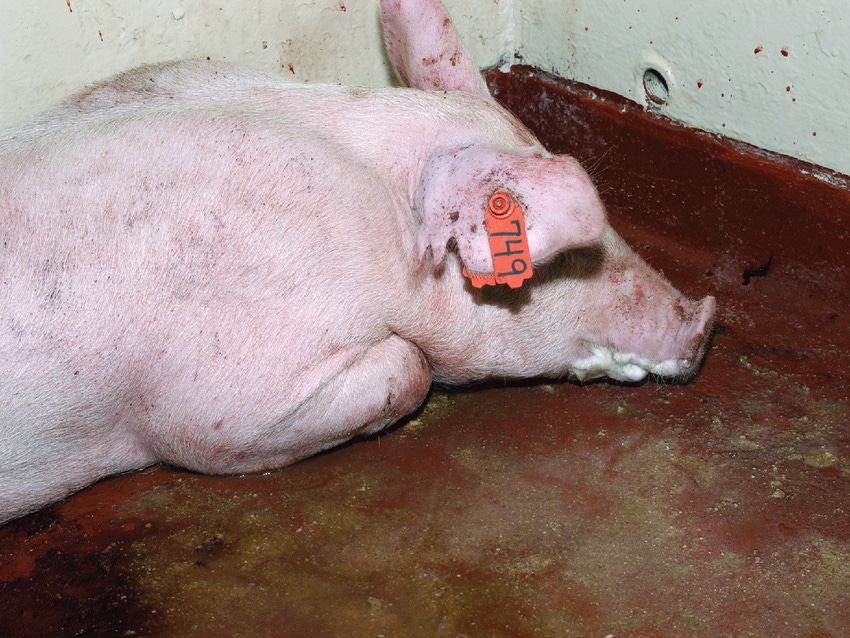WOAH warns global swine industry of sub-standard ASF vaccines
Use of poor-quality vaccines may not grant any protection against African swine fever; risks spreading vaccine viruses that could result in acute or chronic disease.
October 24, 2023

The continuing spread of African swine fever is a matter of concern for the pig industry on a global scale, as no region is left unaffected. For many years, the lack of vaccine or effective treatment has made the control of the disease very challenging.
The research community has been working to develop an effective vaccine and recent announcements of modified live vaccines being approved or tested in some countries have raised hopes for the availability of new effective tools to contain the current ASF epidemic. Many countries are interested in using these candidate vaccines to help control ongoing outbreaks on their territory.
In this context, the World Organisation for Animal Health stresses the importance of the use of only high-quality ASF vaccines with proven efficacy and safety, and which have been subject to regulatory evaluation and approval in accordance with WOAH international standards.
Poor quality or non-compliant vaccines risks
The use of non-compliant and poor-quality vaccines may not confer any protection against ASF and risks spreading vaccine viruses that could result in acute or chronic disease. Additionally, these vaccine viruses could also recombine with field strains to generate novel strains that could evade detection and result in acute, chronic and persistent ASF infections on farms.
Vaccination not stand-alone disease control
Regardless of vaccine efficacy, vaccination programs should be implemented as part of a comprehensive prevention and control strategy, which should include other important control measures such as strict biosecurity, import measures and movement controls.
Vaccination, if used, should be conducted under a well-designed vaccination program that takes into account, among other factors, the local epidemiology of the disease, the expected objectives of vaccination and the adequacy and sustainability of the relevant technical, financial and human resources. They should always include post-vaccination surveillance and monitoring as well as an exit strategy for the cessation of vaccination, as mentioned in WOAH international standards on vaccination (Chapter 4.18. of the Terrestrial Code).
On the way to licensed ASF vaccines
Convinced of the added value that the international recognition of high-quality vaccines would have, WOAH is monitoring the progress of several ASF vaccine candidates at various stages of development. Some countries have either approved or are conducting field trials for the use of modified live vaccine candidates against ASF genotype II.
A new draft standard for the production of safe and effective vaccines against ASF has been proposed in the September 2023 report of the WOAH Biological Standards Commission. WOAH urges vaccine manufacturers and members to consider these draft standards when developing and evaluating ASF vaccine candidates for regulatory approval and to provide their comments.
You May Also Like



